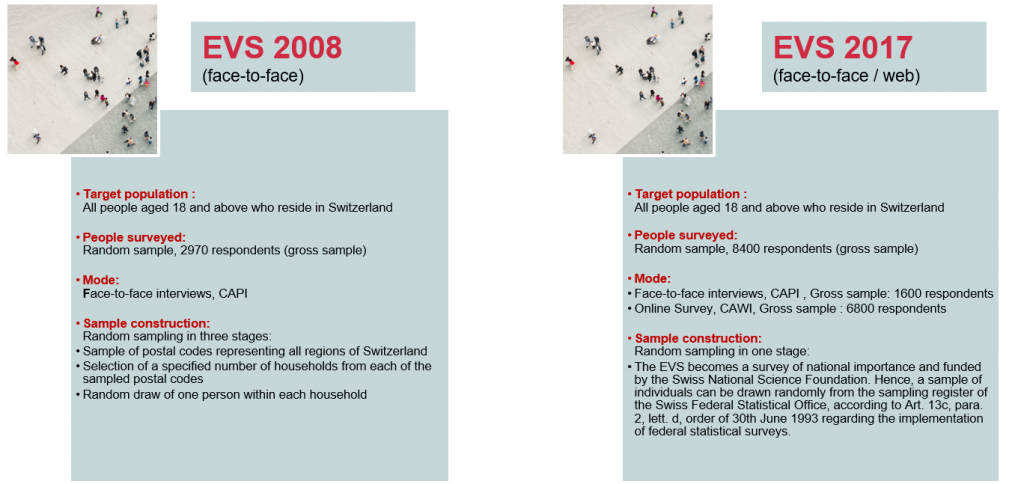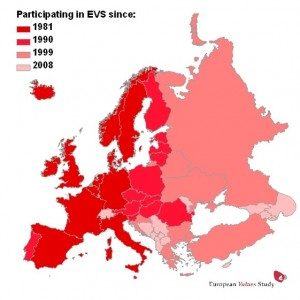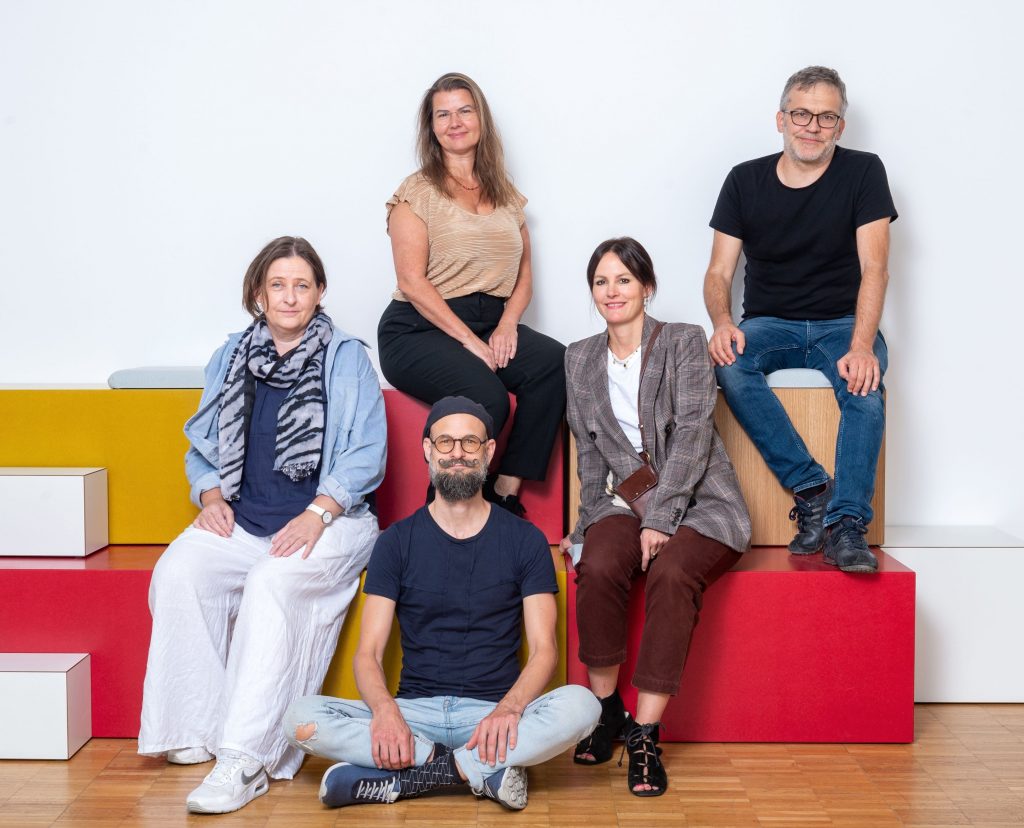

The European Values Study covers a wide range of human values. In 1981 and 1990, the study covered already a broad range of topics concerning family and sexuality, work and leisure time, religion, politics, and ethics. In the third wave in 1999, new topics such as solidarity, social capital, democracy, and work ethics were included. In the last wave in 2008, the survey questions focused on a broad range of values and aimed at assuring the comparability across the different waves.
For examples of which topics are studied, click on one of the main domains below
For more information on the four waves of the European Values Study (study design, fieldwork procedure, and available data and documentation) go to:



 Bâtiment Géopolis,
Bâtiment Géopolis, +41 (0)21 692 37 30
+41 (0)21 692 37 30

